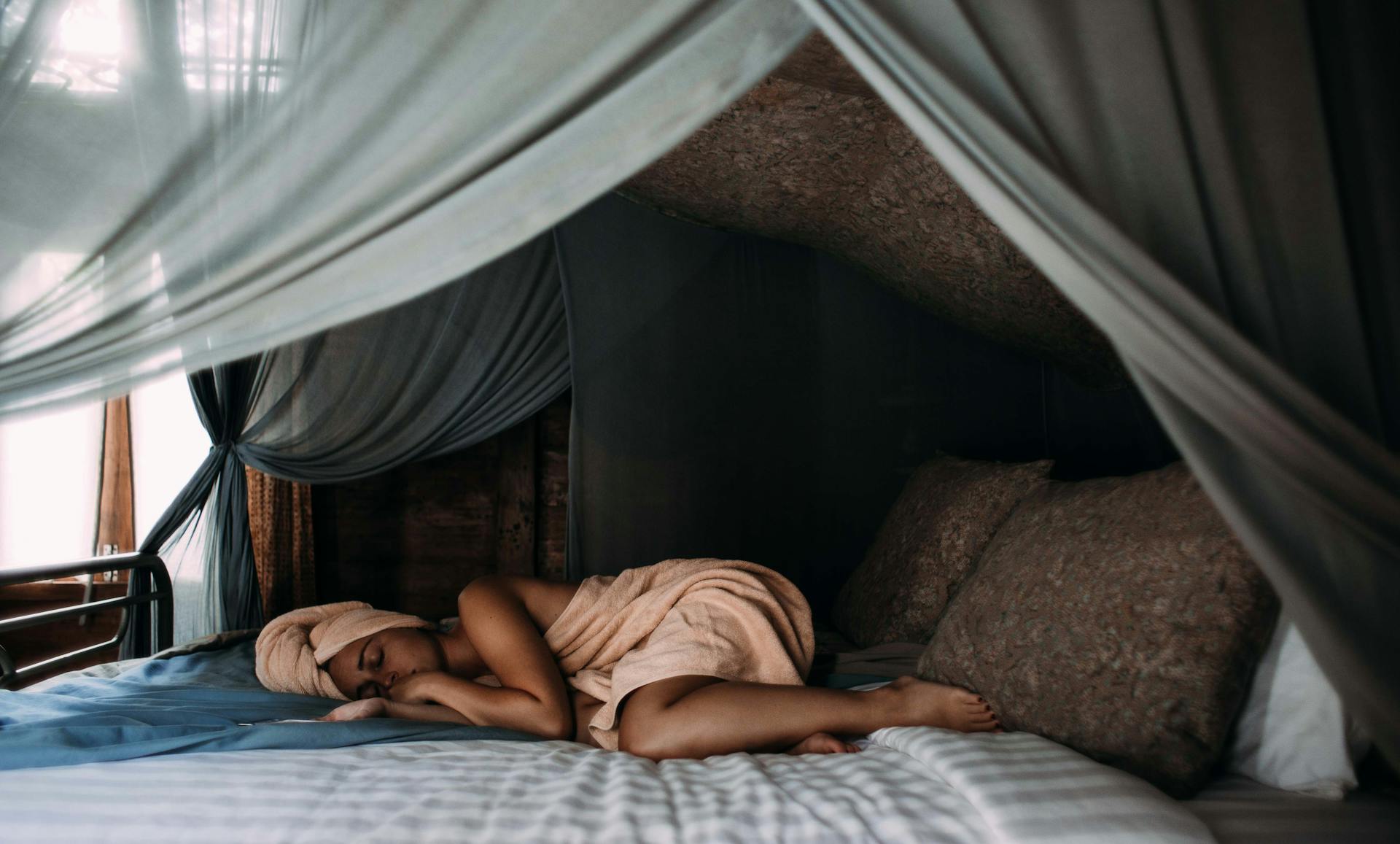I’ve always found comfort in sleeping with lights on—it’s a habit I’ve embraced for as long as I can remember. However, a transformative experience with a roommate opened my eyes to the benefits of sleeping in the dark, especially in today’s digital age.
Initially resistant to the idea, I eventually agreed to my roommate’s preference for darkness. Little did I know, this shift would become instrumental in my journey toward better sleep.
As fate would have it, I soon landed a job that demanded long hours in front of a computer screen. It was during this time that I truly understood the allure of sleeping in darkness. When the glow of fluorescent light filled my room at night, I found it increasingly difficult to unwind and sleep deeply. It wasn’t until I extinguished the lights that I experienced the blissful embrace of sleep.
Digging deep into the science behind my newfound preference, I uncovered the role of blue light in disrupting our sleep-wake cycle, or circadian rhythm. Whether emanating from the sun or artificial sources like fluorescent bulbs and digital screens, blue light boosts alertness and cognitive function during the day. However, excessive exposure to blue light, especially before bedtime, can wreak havoc on our ability to wind down and fall asleep.
Our eyes are particularly sensitive to blue light, as nearly all visible blue light passes through to the retina—the cells responsible for transmitting light signals to the brain. This constant exposure to blue light before bedtime inhibits the production of melatonin, the hormone that regulates sleep, leading to disrupted sleep patterns and potential long-term health consequences (insomnia https://health.clevelandclinic.org/light-night-can-interfere-sleep, type 2 diabetes, cardiovascular disease, cancer, and cognitive dysfunctions).
In embracing darkness as a sleep enhancer, I’ve come to appreciate its role in nurturing restful sleep and safeguarding against the detrimental effects of artificial light. Beyond sleeping in darkness, there are additional strategies to optimize sleep quality, including
* Prioritizing nutrition (eating foods rich in fiber, protein and healthy fats),
* Taking hot/warm shower before sleep,
* Maintaining a consistent sleep schedule,
* Engaging in regular exercise,
* Basking in natural sunlight during the day * Being thankful.
As we navigate the demands of the digital era, let us not underestimate the transformative power of sleep and the simple act of embracing darkness as a gateway to restorative rest.
